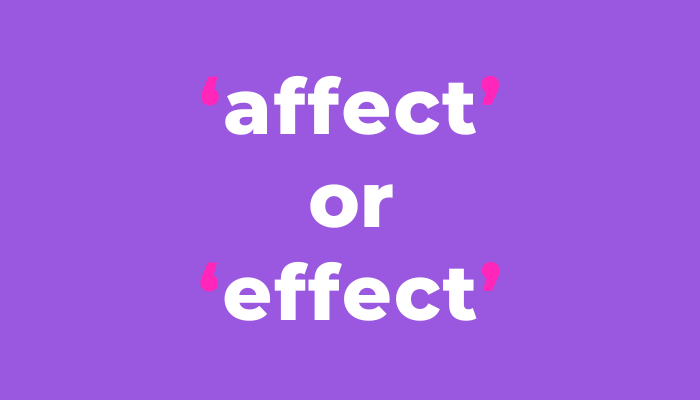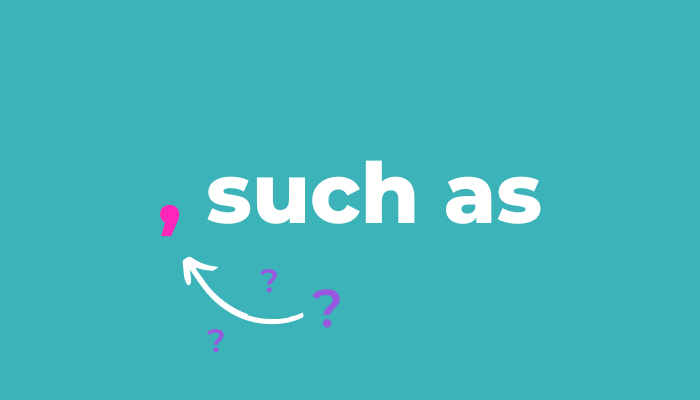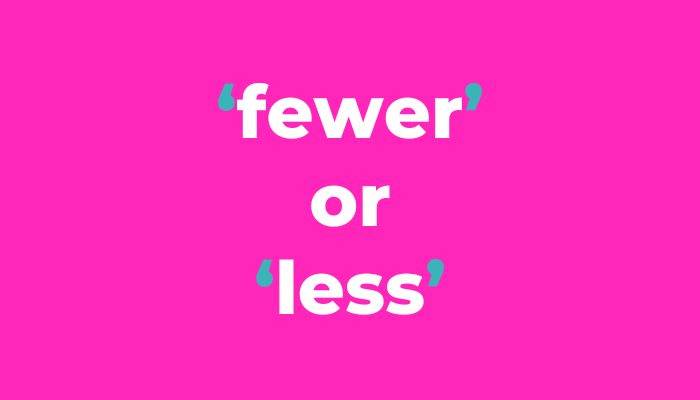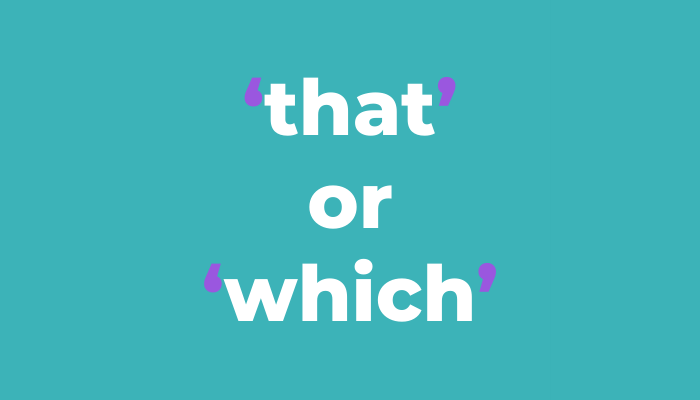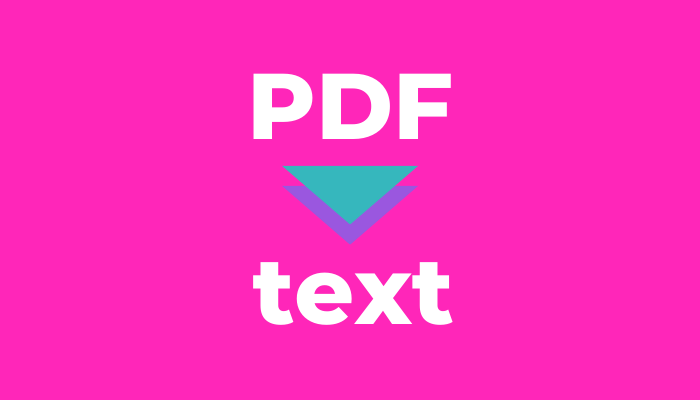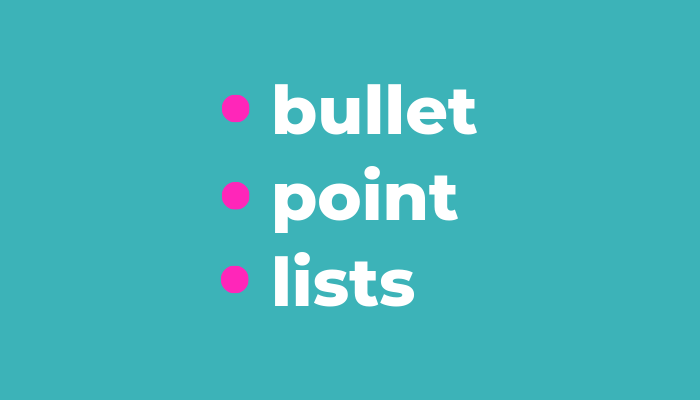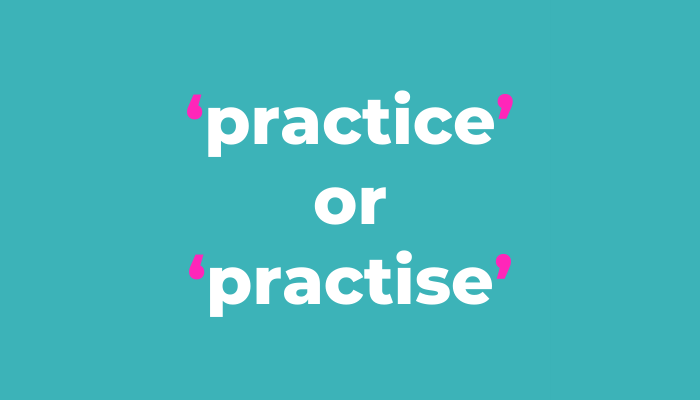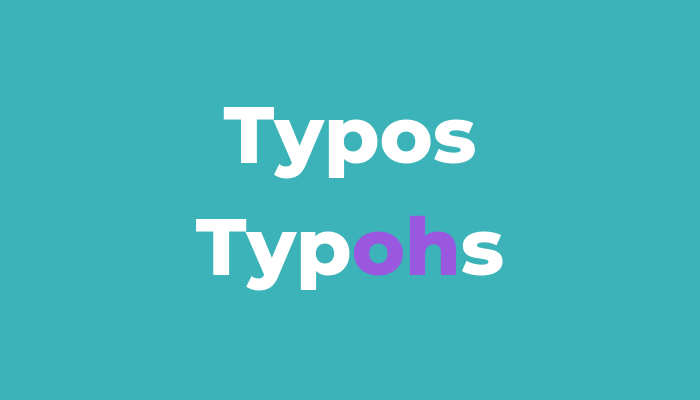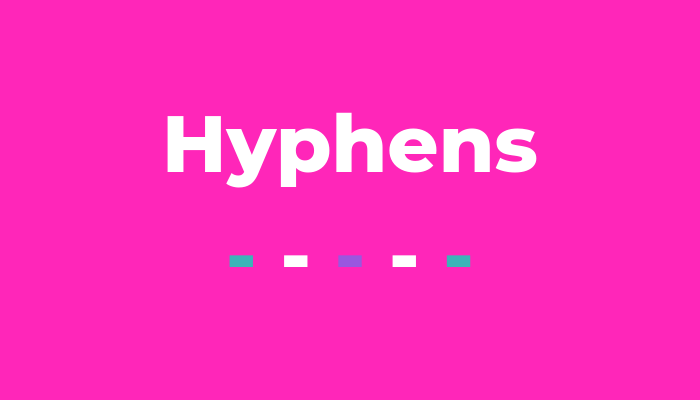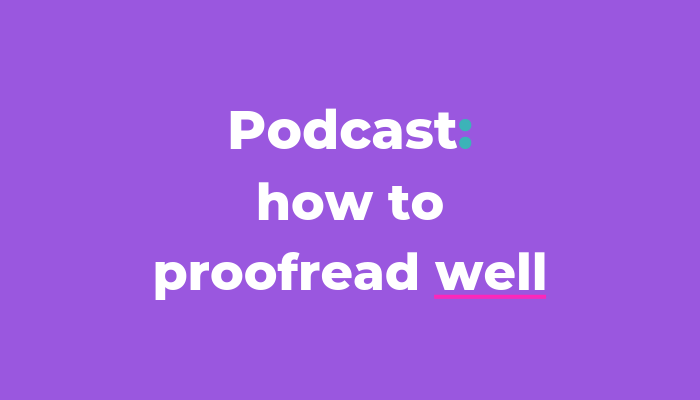Is it ‘affect’ or ‘effect’?
We’ve got an affect and an effect. Both verbs. Both nouns. Both buggers.
Even when we know how to use them in their different roles, we can be so zoned in on writing and reading and editing thousands and thousands of words that it’s easy to overthink or overlook them.
What’s the difference between affect and effect?
We’ll start with how they’re most commonly used. And to get into the differences, we first need to flag the similarities. Both affect and effect refer to change, consequences and outcomes. Both are pronounced with the stress on the second syllable. Similar meanings. Similar sound. Gah!
So here you’ll find a few ways to help you remember how to use affect and effect. One of them’s ace. Quite literally.
Affect = verb
Pronounced a-ffect.
Affect as a verb describes an action that leads to change.
How handy that affect = action. Can’t beat a matchy matchy memory aid to save on brain space.
Examples of the verb affect:
► Brenda’s new-found love of Taylor Swift has heavily affected her bank balance. (But bring on the Eras tour!)
► During Shirley’s panto debut in Dick Wittington, several audience members were noticeably affected by her questionable acting skills.
► Listening to One Direction’s music may affect your social media algorithm and lead you into a spiral of conspiracy theories dating back to 2010.
► Recent events in Veronica Malik’s life affect the examples she uses in her articles.
Not sure if affect is right? Switch it for another verb.
If the verbs alter, change, impact, modify, sway and transform fit in its place, you’re dandy. If it doesn’t make sense anymore, it’s likely to need effect instead.
Effect = noun
Pronounced e-ffect.
Effect as a noun names the result/consequence of an action/change. It’s an n-shaped mnemonic for you this time with noun = names.
Examples of the noun effect:
► It hadn’t occurred to Brenda that her discovery of Taylor Swift’s music catalogue would have such an effect on her savings.
► Shirley’s considering a more physically comedic role in her next pantomime so her acting has a different effect on the audience. (Although they did laugh.)
► One way to reduce the effect of One Direction’s content in your social media feed is to start scrolling through Girls Aloud reunion tour posts. #CanIBeKimberley
► The effect of the goings on in Veronica’s life make for intriguing proofreading examples.
Not sure if effect is right? Switch it for another noun.
If the nouns aftermath, consequence, impact, outcome, result and repercussion fit in its place, then you’re all good. If it doesn’t make sense anymore, this time it probably needs affect.
And together?
Here’s how they work together in a sentence in their affect = verb and effect = noun forms…
Example: Waiting for Girls Aloud tour tickets to be released affected Bernadette’s morning, and the effects lasted for the rest of the day.
Example: The effects of Shirley’s singing lesson homework may be improving her rendition of Cruel Summer – Taylor’s, not the Bananarama hit – but it’s now affecting her neighbours. (Soz Tony and Sue!)
Ways to remember when to use affect and effect
1. The common RAVEN
Remember
Affect is a
Verb
Effect is a
Noun
2. The ACE way
Affect
Causes the
Effect
3. Another ACE backup
Action
Causes the
End result
What the flip?!
We’ve been through affect = verb and effect = noun, but it’s rarely that simple! Now we have the exceptions where they’re flipped. We don’t tend to use these as much, phew.
Affect = noun
Pronounced a-ffect.
Affect as a noun describes a display of emotion.
Example: Bernadette’s facial affect usually gave her away. No poker face, that one.
Effect = verb
Pronounced e-ffect.
Effect as a verb means to cause something, accomplish something or bring about a result. It’s normally followed by change.
Example: The Girls Aloud tour will undoubtedly effect positive change in Bernadette’s life.
Domino effect
Now we’ve worked through the word pair affect and effect, you might want to check out these other confusables: that/which, principle/principal or fewer/less.

